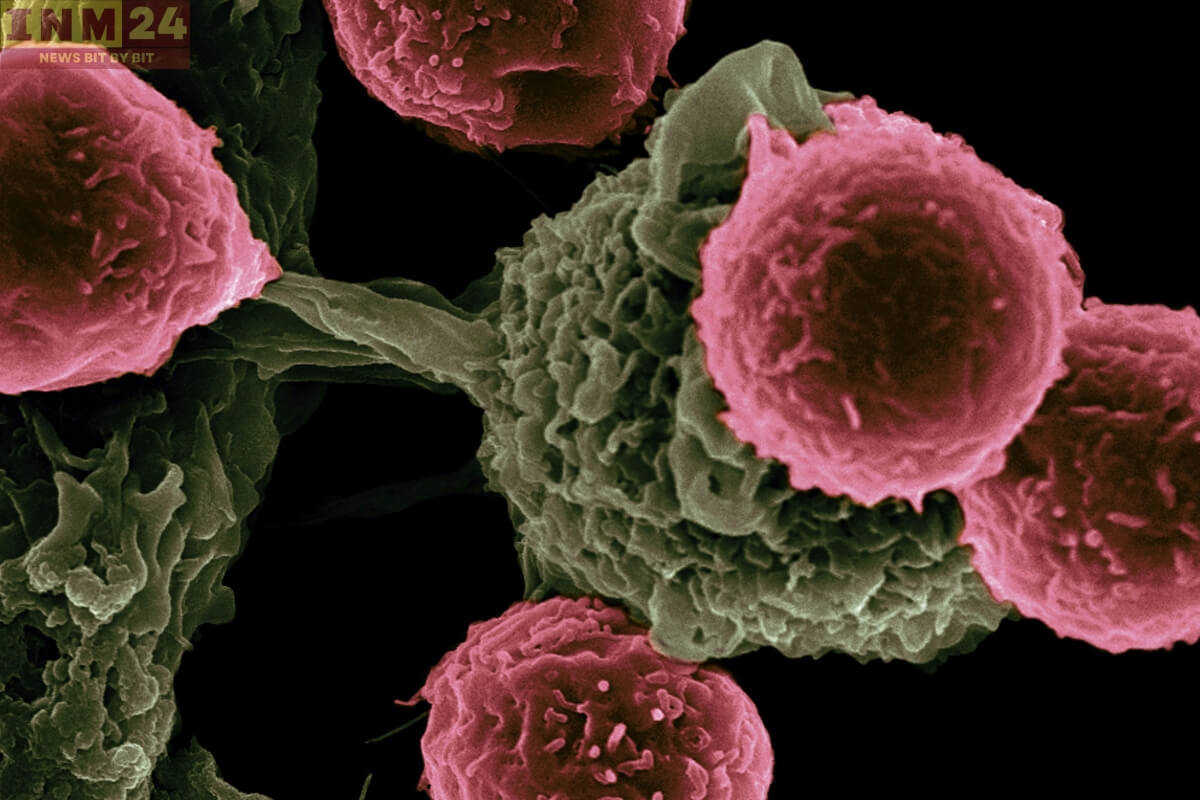Cancer, a complex and devastating disease, continues to pose a significant challenge to modern medicine. Despite advancements in treatment modalities, understanding the underlying mechanisms by which cancer progresses and spreads remains crucial for developing more effective therapies and improving patient outcomes. Recent research efforts have focused on unraveling the lethal mechanisms of cancer, offering valuable insights into its pathogenesis and potential therapeutic targets.
Unraveling Tumorigenesis: Key Focus in Cancer Research
One of the primary areas of investigation in cancer research is the process of tumorigenesis, wherein normal cells undergo genetic mutations and acquire the ability to proliferate uncontrollably. Scientists have identified various genetic and molecular alterations that drive the initiation and progression of cancer, including mutations in oncogenes, tumor suppressor genes, and genes involved in DNA repair mechanisms. These alterations disrupt cellular homeostasis and unleash a cascade of events that promote tumor growth and survival.
Furthermore, studies have elucidated the role of the tumor microenvironment in facilitating cancer progression and metastasis. The tumor microenvironment comprises a complex network of cells, extracellular matrix components, and signaling molecules that interact with cancer cells to promote their survival, proliferation, and invasion into surrounding tissues. By deciphering the interactions between cancer cells and their microenvironment, researchers have identified potential therapeutic targets for disrupting tumor growth and metastasis.
Moreover, advancements in genomic and molecular profiling technologies have enabled researchers to characterize the heterogeneity of cancer at the molecular level. This has led to the identification of distinct molecular subtypes of cancer with unique biological characteristics and clinical behaviors. Understanding the molecular heterogeneity of cancer not only informs personalized treatment strategies but also provides insights into the mechanisms of treatment resistance and disease recurrence.
Exploring Novel Therapeutic Approaches in Cancer Treatment
In addition to unraveling the molecular underpinnings of cancer, scientists are exploring novel therapeutic approaches to target cancer cells while sparing normal tissues. Immunotherapy, which harnesses the body’s immune system to recognize and eliminate cancer cells, has emerged as a promising treatment modality for various types of cancer. Additionally, targeted therapies directed against specific molecular pathways implicated in cancer progression have shown efficacy in certain patient populations.
Furthermore, researchers are investigating the role of epigenetic modifications in cancer development and progression. Epigenetic alterations, such as DNA methylation and histone modifications, can regulate gene expression patterns and contribute to the dysregulation of key cellular processes in cancer cells. Understanding the epigenetic landscape of cancer may lead to the development of epigenetic-based therapies for cancer treatment.
Unraveling the lethal mechanisms of cancer remains a critical endeavor in the field of oncology. Insights gleaned from scientific research provide a deeper understanding of the molecular and cellular processes driving cancer progression, paving the way for the development of innovative treatment strategies and precision medicine approaches. By continuing to unravel the complexities of cancer biology, scientists strive to transform our understanding of this deadly disease and improve patient outcomes.
